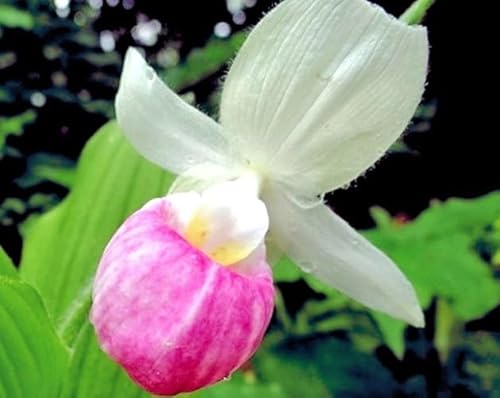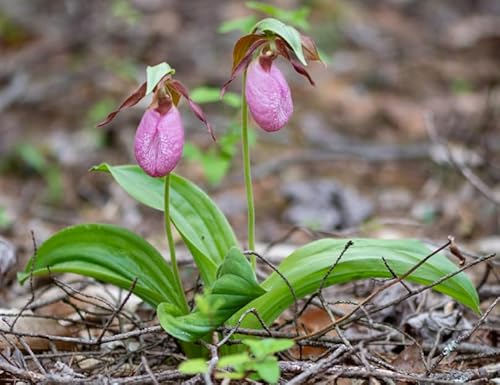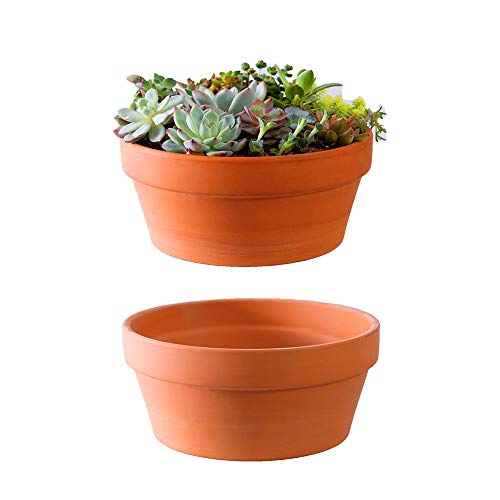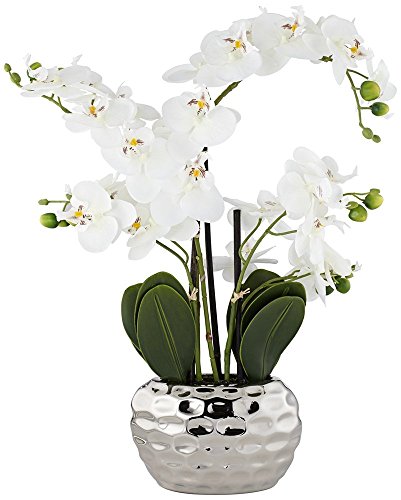kentuckiense
Debaser
Ok, glad we got that out the way in the beginning.JB_Orchidguy said:kentuckiense You are correct I wanted a cheap and quick way to get some cyps,
Quite frankly, you're full of it. You know the original plan wasn't for you to act as some sort of safety deposit box. Quit trying to portray yourself as some sort of philanthropist.JB_Orchidguy said:but with every acquisition from friends you act as a backup plan should something happen. Regardless of what was the motive in the beginning there is always that backup plan for the future.
Honestly, is that your best argument? I just bought 3 Phragmipedium fischeri from Matt Gore. Obviously, the great grandparents of these were probably nestled in the Ecuadoran mountains. However, I'd like to point out the differences between your case and mine. By purchasing from a reputable nursery that practices asymbiotic propogation, I am helping the conservation efforts of the species. No individuals were ripped from the wild as a result of my purchase, and the money from my purchase helps Gore Orchid Conservatory keep on doing what they do. In your case, you are DIRECTLY RESPONSIBLE for the removal of wild plants. In addition, you are only encouraging such actions. I'd also like to point out that you didn't even bother to research the cultivation of this species until AFTER the trade was finalized.JB_Orchidguy said:Now I am sorry that some folks do not like the fact that these were wild collected plants. The fact is though that every orchid you or anyone else owns once had to be gathered from the wild at one point in time. Prior to the knowledge of how to lab propagate.
The market price is high? Thirty-five dollars at Vermont Ladyslipper Company. Sure, they are out of stock. To a responsible cultivator with the wellbeing of the species in mind, that means "I'll just wait until the next batch is ready." It simply sounds like you refuse to pay the price for responsible orchid cultivation.JB_Orchidguy said:The market still keeps the prices of these guys high and so that resulting high prices requires that I go through some other means to acquire plants. Now had they been wild collected from land other than the owners land or the collection had wiped out a stand then I wouldn't have done it.
Ok, then tell me how many individuals you would collect? Would you collect half? Would you collect a quarter? What's your arbitrary number? After all, we don't want to "wipe out an entire stand."JB_Orchidguy said:Also I do not believe there is anything unethical about the aquasition I just made. Had they been on governemt property or someone elses land with out permision to gather or wiping out an entire stand thats different, but none of those were the case.
You're right. I guess it just comes down to your mentality of "I do what I want."JB_Orchidguy said:Different views and ways of thinking I guess.
Josh, I tried to be nice in the beginning. I tried to push you in the direction of artificially propogated plants and yet you still imply that you have every intention of just going for the cheap and easy solution in the future. Never the less, I do hope your plants will do well. Good luck.
I certainly understand what you are saying, and I really don't disagree with most of it. However, I'm simply of the mentality that if a native orchid is happy in its native habitat, then just let it be. Go hike out to it on a nice saturday afternoon. I'm certainly for the rescue of native orchids that are in danger. When I can, I help out a local group that does just that. I'm just tired of the mentality that we SHOULD just do what we want because we CAN do it, especially when there are more ethical alternatives.Eric Muehlbauer said:In all fairness, C. acaule was probably the last cyp to be successfully grown from seed under lab conditions....for years, growers were finding them easy to germinate and grow through the first flasking, but that was the end of the line. Only recently have growers had success in raisng them to marketable size, and they are expensive. ....I'm not even sure if they can be successfully grown in the long run, in an outdoor, in ground environment (not pot culture)...they haven't been around long enough.At the same time, acaule is the most common cyp in the US, occurring in larger quantities over a wider area than parviflorum or reginae. And again, as I said before, all they need is the right soil to thrive. I have found healthy acaules growing right by the Long Island Expressway....and can withstand responsible collecting.The main objection to collecting acaule is when irresponsible dealers claim that they are "easy" plants, like that guy on Ebay....most dealers who sell acaule stress that these plants are very demanding and are not for average growers. I guarantee that acaule will never become a hot in demand garden plant...and that is, in many respects, its best guarantee of protection from overcollecting.Take care, Eric
One of the largest colonies of Cypripedium acaule in the area(if not the state) is just a few miles from where I'm sitting. Several years ago, the plants reportedly numbered over 1,000. At least half were then poached. No doubt, that poaching continued for several years. I went out to the site this spring and could barely count 25 or 30 plants. Take that for whatever it's worth, I guess.












































